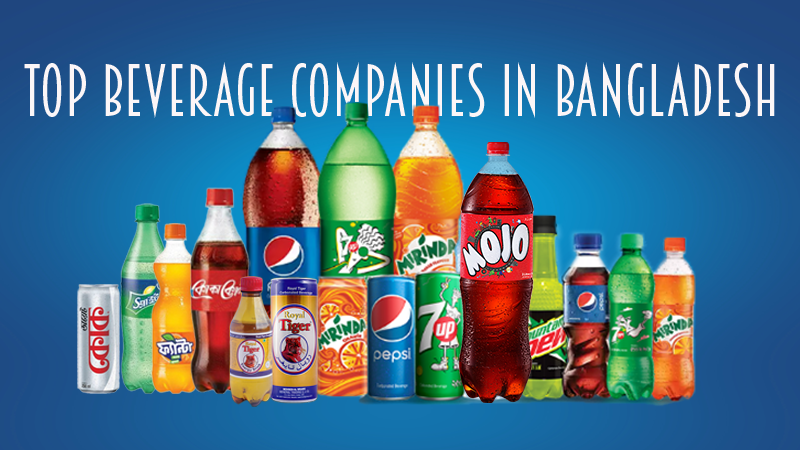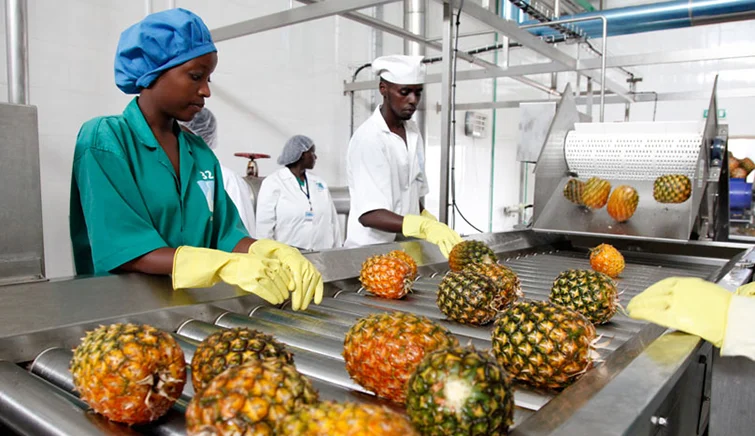How Agents Help Food & Beverage Brands Navigate Bangladesh’s Regulations
Entering the food and beverage (F&B) market in Bangladesh is a promising opportunity for international brands, thanks to its rising middle class, urbanization, and growing appetite for global cuisines. However, the opportunity comes bundled with a labyrinth of regulatory challenges, ranging from customs protocols to food safety certifications. For many companies, especially newcomers, these complexities can hinder their market entry or delay product launches.
This is where sourcing and compliance agents play a transformative role. They not only open the door to Bangladesh’s dynamic consumer base but also help brands avoid costly missteps. Here’s how expert agents simplify the F&B regulatory journey.
Bangladesh’s Regulatory Landscape for Food & Beverage
Before any international F&B product enters the Bangladeshi market, it must pass through several regulatory checkpoints:
-
Bangladesh Standards and Testing Institution (BSTI) approval
-
Import permits and clearance from the Ministry of Commerce
-
Labeling compliance with Bengali translations
-
Halal certification where applicable
-
Food grade packaging laws
-
Shelf-life verification and proper documentation
For startups or foreign companies, these checkpoints may seem overwhelming. Even established businesses can face delays without expert local knowledge.
The Value of Regulatory Insight
Food regulations in Bangladesh are also updated frequently. Recently, BSTI revised its list of mandatory certifications for dairy, spices, and packaged beverages. Changes like these make it crucial to have a real-time understanding of compliance protocols.
Engaging a bestsourcing agent Bangladesh gives brands direct access to professionals familiar with local laws and procedural changes. This mitigates the risk of rejections, seizure of shipments, or fines that could affect brand reputation and financials.
Key Ways Agents Add Value to F&B Companies
1. Pre-Import Product Evaluation
Before a single product lands in the port, agents assist brands in evaluating whether their product meets Bangladesh’s import regulations. This includes:
-
Label and language review
-
Ingredient compliance
-
Documentation audit (origin certificates, health certificates, etc.)
A bestsourcing agent Asia also provides comparative insights into other Asian markets, which helps companies decide how to optimize packaging and formulation across borders.
2. License & Permit Facilitation
Foreign companies need several approvals to sell food in Bangladesh. From obtaining BSTI approval to clearing the Department of Agricultural Extension (DAE) for plant-based imports, the paperwork can be extensive.
Agents act as facilitators who know which offices to approach, how to avoid procedural delays, and what documentation is required for a successful application.
3. Local Representation and Customs Support
Many food brands operate without a physical presence in Bangladesh. An experienced bestsourcing agent Bangladesh serves as your in-country representative during inspections or customs clearance. This can be essential when regulatory officers request factory audit reports or demand rapid clarifications.
4. Preventing Border Delays and Product Rejection
Perishable products are highly time-sensitive. Without precise compliance, delays at the port could result in spoiled or unsellable goods. Agents help:
-
Pre-clear documents before arrival
-
Liaise with customs and food safety officials
-
Resolve last-minute objections efficiently
Such proactive services ensure your products hit the shelves on schedule.
5. Partner Vetting for Co-Manufacturing or Packaging
Some F&B brands choose to co-pack or co-manufacture in Bangladesh to meet local sourcing rules or reduce duties. Finding compliant, food-safe partners can be tricky without local help.
With support from a bestsourcing agent Asia, your company can connect with ISO-certified, HACCP-compliant facilities, reducing risk and ensuring long-term credibility.
Success Case: A U.S. Beverage Brand in Bangladesh
A mid-sized U.S. health beverage brand recently entered the Bangladeshi market. Their first shipment was held up at the port due to a missing BSTI approval for the labeling format. After engaging a Bangladesh-based sourcing agent, the problem was resolved within days.
The agent updated the brand’s labels to comply with local rules, submitted a fast-track application for product registration, and ensured the relabeling was done under customs supervision. The brand not only salvaged its shipment but was also able to secure a distributor for nationwide rollout.
Food Innovation in a Regulated Market
With rising demand for plant-based food, functional beverages, and healthy snacks, Bangladesh’s F&B sector is becoming more diverse. However, with innovation comes scrutiny.
For example, the government has recently issued notices about sugar and additive labeling, as well as increased its checks on imported energy drinks. Navigating such a space requires both speed and caution.
A bestsourcing agent Bangladesh helps F&B brands strike that balance, ensuring innovation doesn’t lead to regulatory roadblocks.
Staying Ahead of Evolving Regulations
Bangladesh is undergoing rapid modernization of its food safety infrastructure. The Bangladesh Food Safety Authority (BFSA) has launched new digital systems for reporting and compliance. Agents with updated training in these systems can help brands digitize compliance—reducing paperwork and accelerating approvals.
A bestsourcing agent Asia not only helps in Bangladesh but also keeps your sourcing and regulatory strategies flexible enough to scale to nearby markets like Malaysia or Indonesia.
Final Thoughts
Bangladesh offers immense potential for F&B companies looking to expand in Asia. But the opportunity comes with its share of bureaucratic hurdles. Local agents serve as the bridge between regulatory frameworks and business goals, ensuring that product quality, speed to market, and compliance standards are never compromised.
By partnering with a trusted bestsourcing agent Bangladesh, your F&B brand can confidently enter the market and thrive in a competitive and regulated environment.

